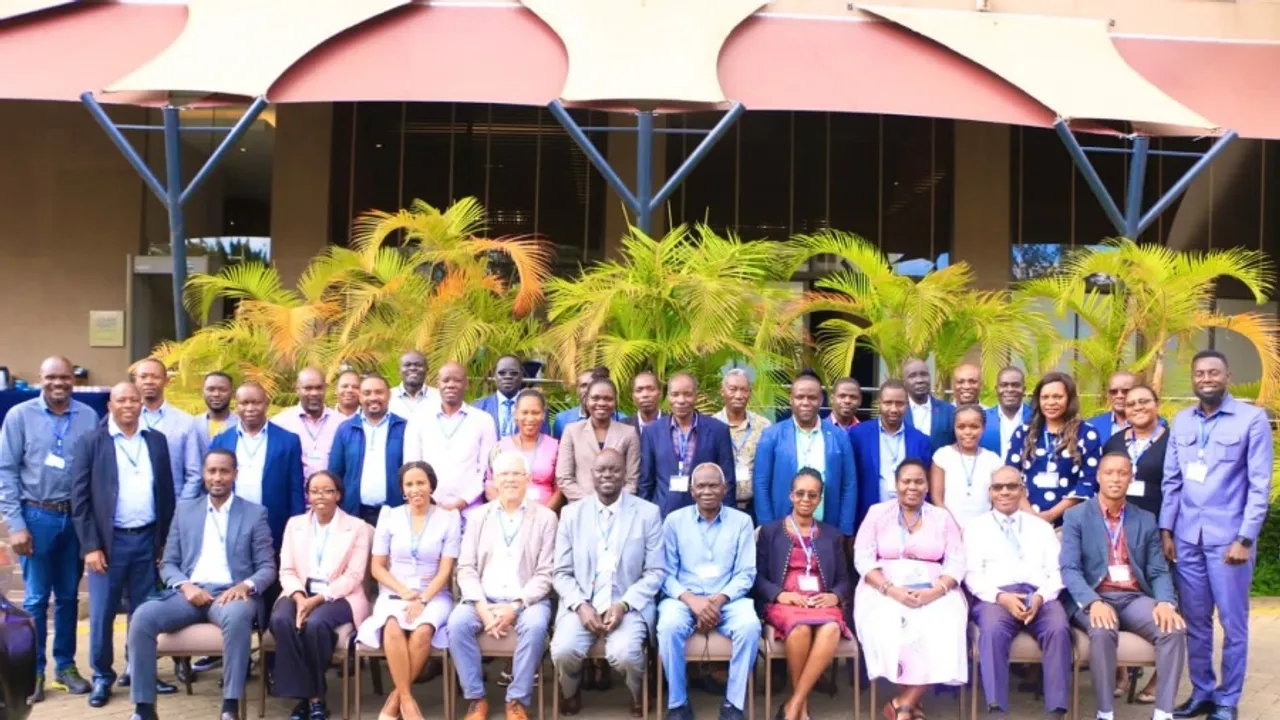
Our Projects are
Transforming African Trade
Quick Contacts
2nd Floor, Fidelity Insurance Centre Waiyaki Way, Westlands

East Africa is taking giant strides towards eliminating Non-Tariff Barriers (NTBs), a move that promises to revolutionize trade in the region. The East African Community (EAC) Secretariat, in collaboration with Partner States, has developed and launched a mobile application aimed at easing the reporting, monitoring, and elimination of NTBs.
The application, a first of its kind in the region, was unveiled on February 14, 2024, and is expected to significantly reduce trade barriers. This comes as experts in the region are urging for increased trade in agricultural, pharmaceutical, and leather products to stimulate East Africa’s economy.
In the agricultural sector, emphasis is being placed on harmonizing agricultural and food safety standards, developing quality planting seeds and seedlings, and adopting a code of conduct for farmers and exporters. To facilitate this, Ministers have directed Partner States to simplify export procedures for agricultural products like avocados and other fruits and vegetables.
The Secretary General of the EAC has highlighted the growth in intra-trade values, emphasizing the importance of addressing issues hindering trade within the region. “The removal of NTBs is crucial in promoting trade and investment within the EAC,” the Secretary General said, “and this mobile application is a significant step towards achieving that goal.”
In the pharmaceutical sector, initiatives such as Biovax vaccine manufacturing plants in Kenya and a BioNTech plant in Rwanda are ongoing. The EAC partner states are encouraged to expedite pharmaceutical waste disposal approval processes and develop harmonized regulations for waste management.
On the other hand, the leather sector is grappling with challenges such as high production costs and low-quality products. To address these issues, investment in modern technologies and infrastructure, enhanced data collection, and fostering public-private partnerships are being recommended.
GIZ, a German development agency, has reiterated its commitment to supporting sectoral development initiatives in the region. “We are committed to working with the EAC and Partner States to promote trade and investment in the region,” a GIZ representative said.
The efforts to eliminate NTBs and boost trade in agricultural, pharmaceutical, and leather products are a clear indication of East Africa’s determination to transform its economic landscape. As the region continues to make strides in this direction, the benefits are expected to trickle down to the ordinary citizen, enhancing their quality of life.
In conclusion, the launch of the mobile application to eliminate NTBs, the harmonization of standards in the agricultural sector, and the initiatives in the pharmaceutical and leather sectors are significant milestones in East Africa’s quest for economic growth. As the region continues to forge ahead, the importance of addressing issues hindering trade cannot be overstated.
Read original article
Disclaimer: The views and opinions expressed in this article are those of the authors and do not necessarily reflect the official policy or position of TradeMark Africa.